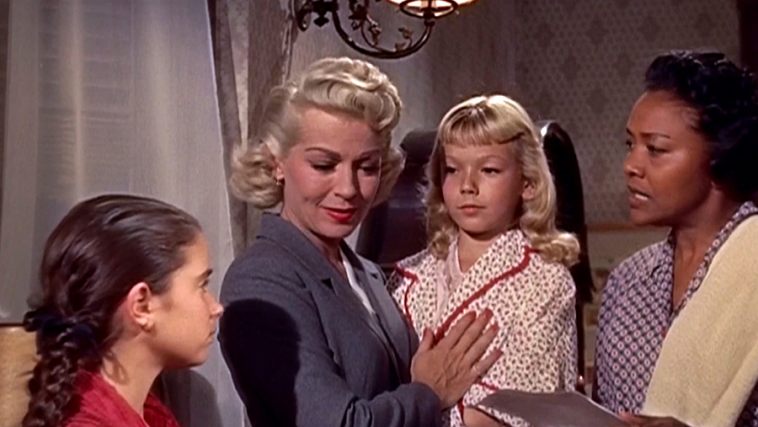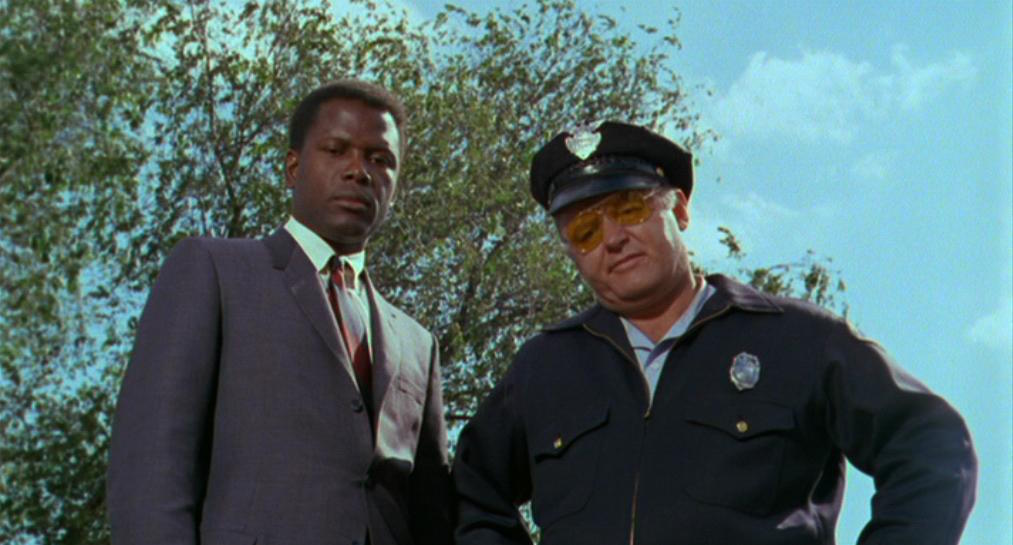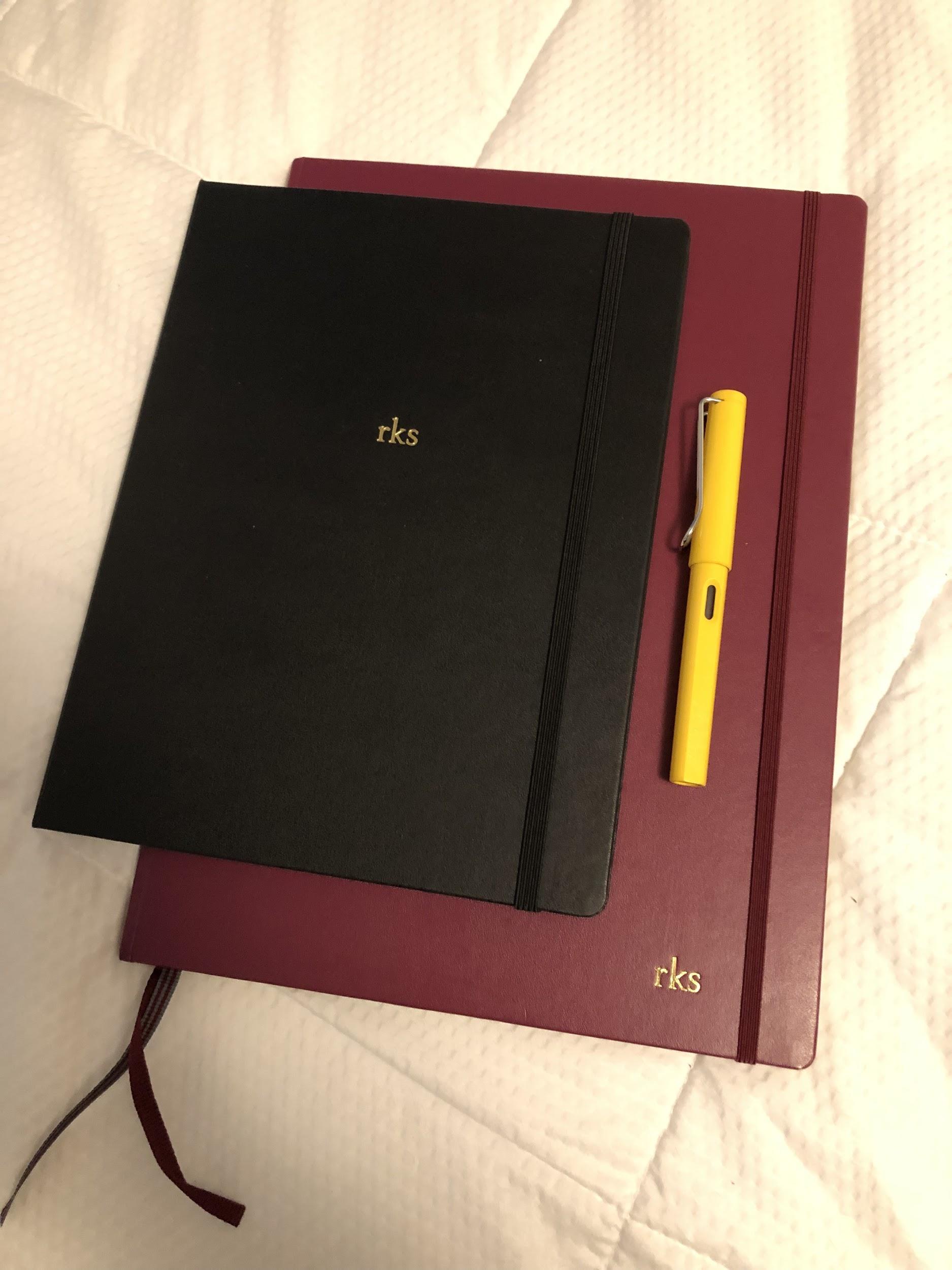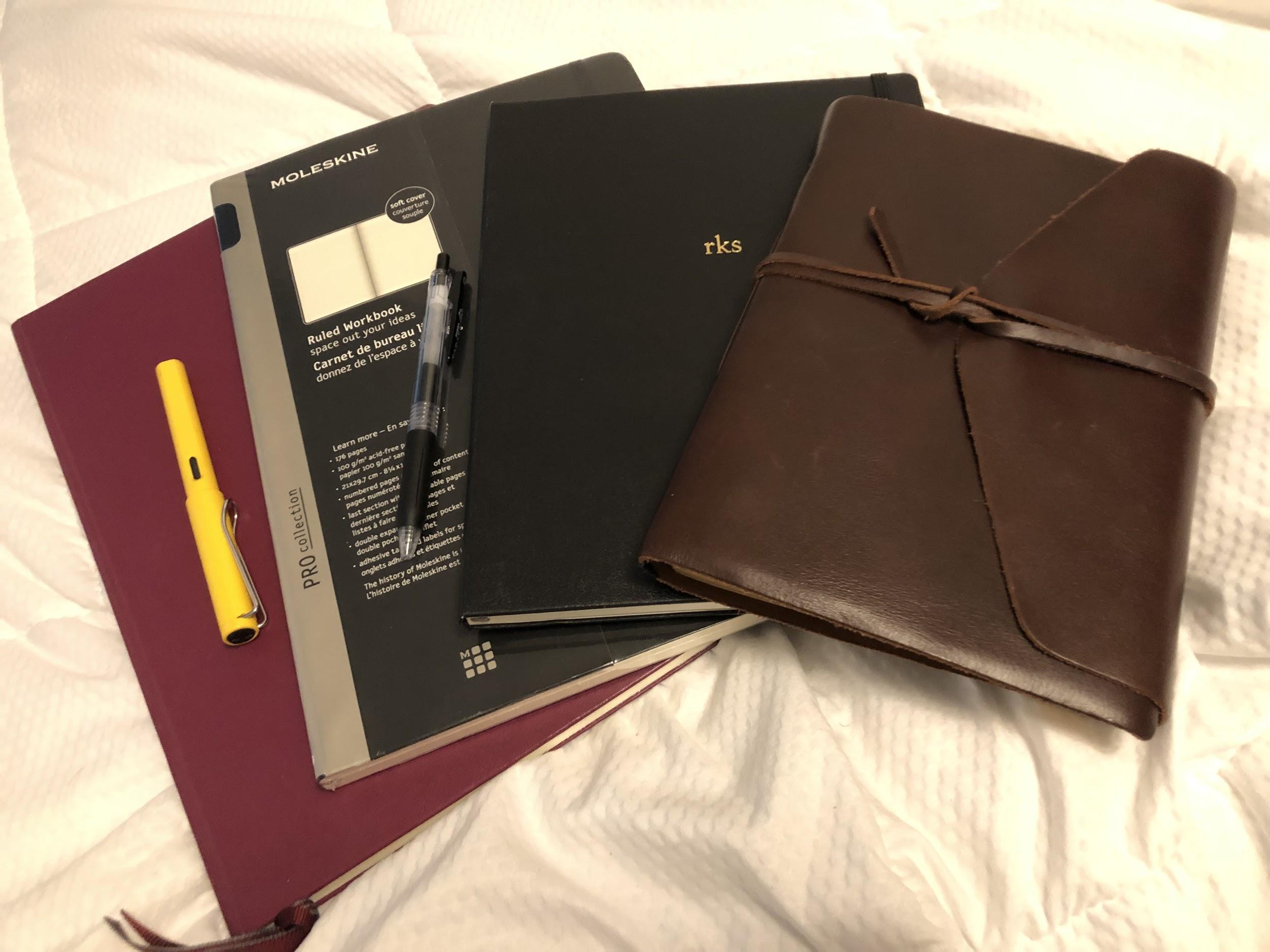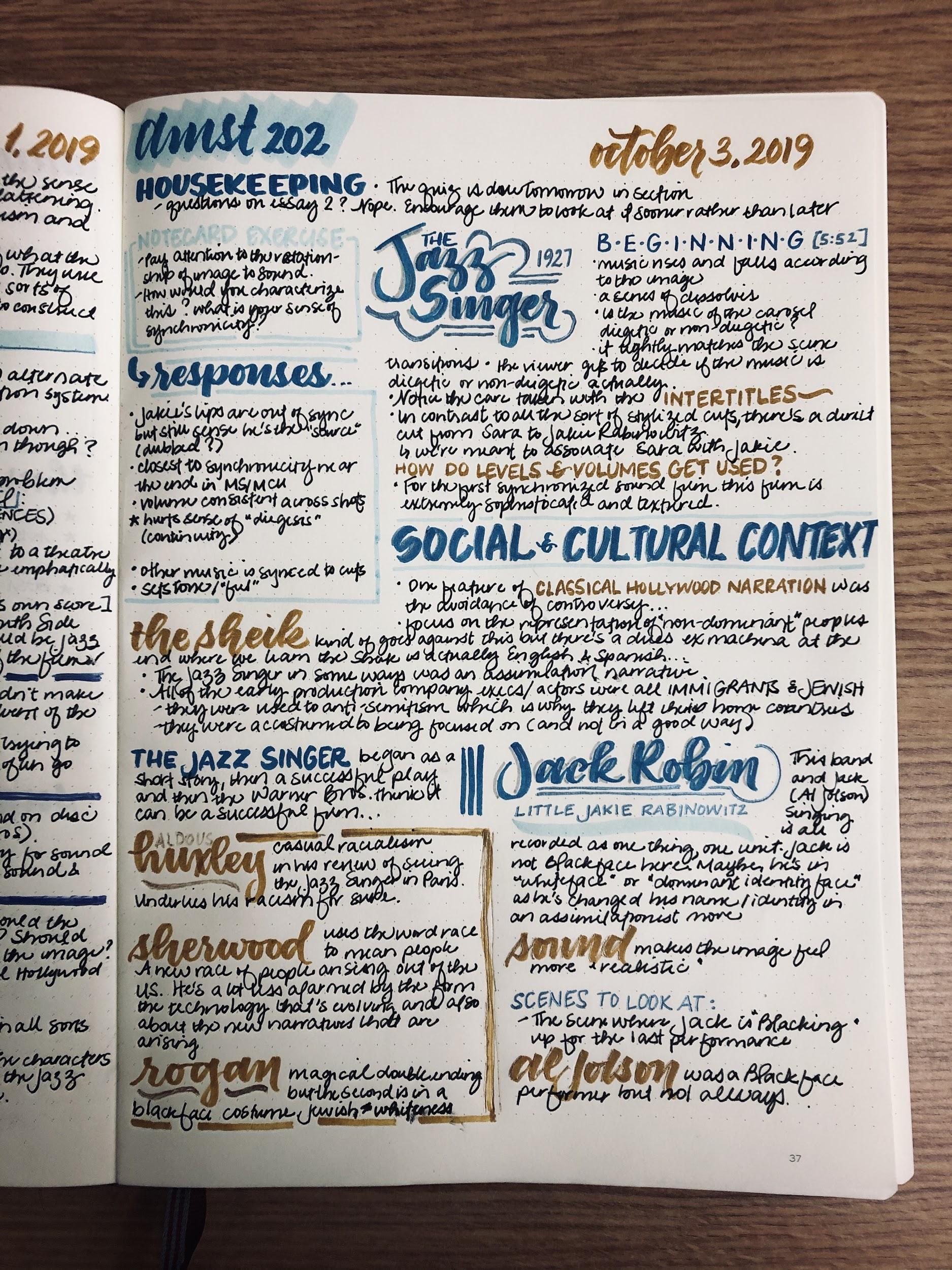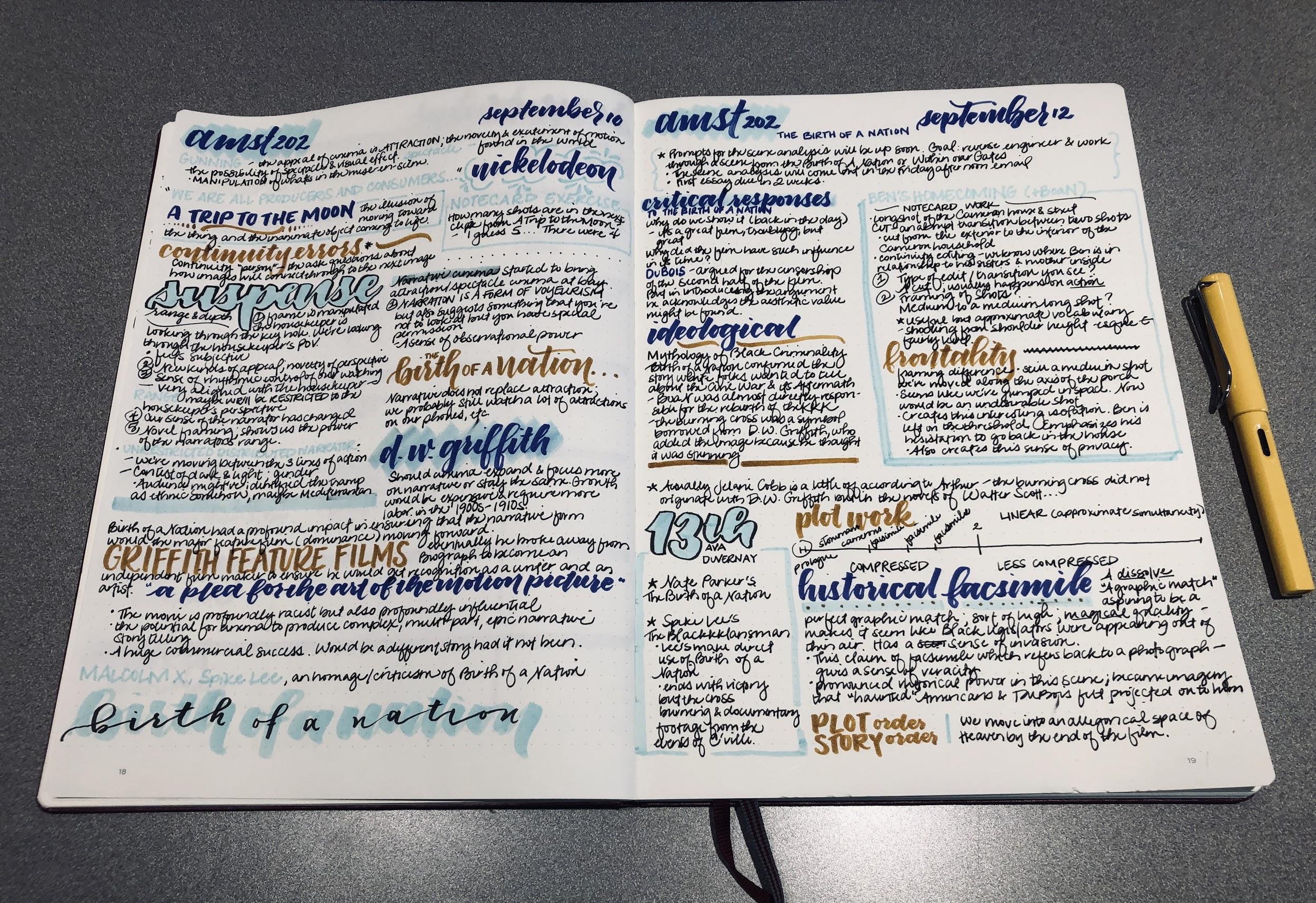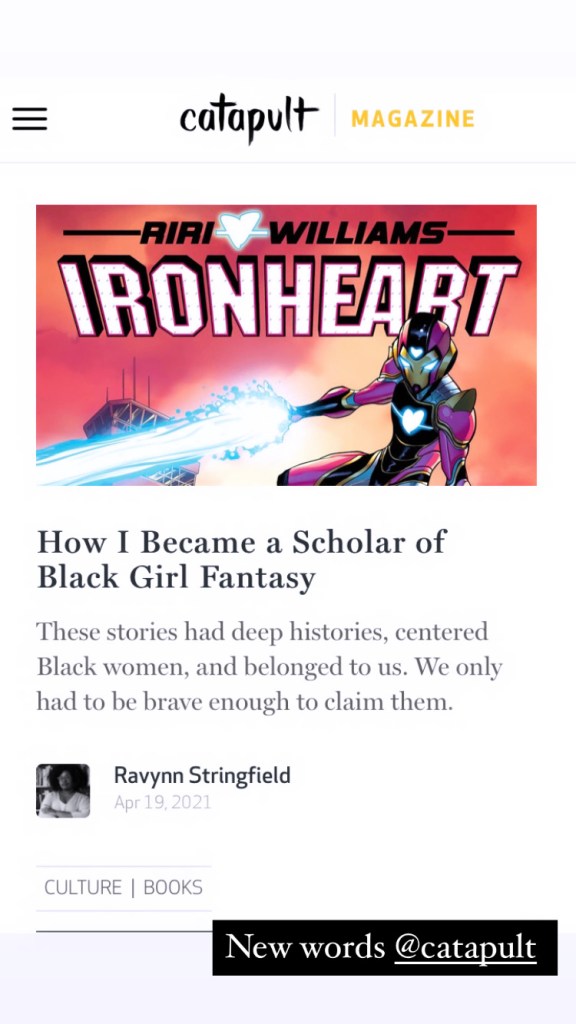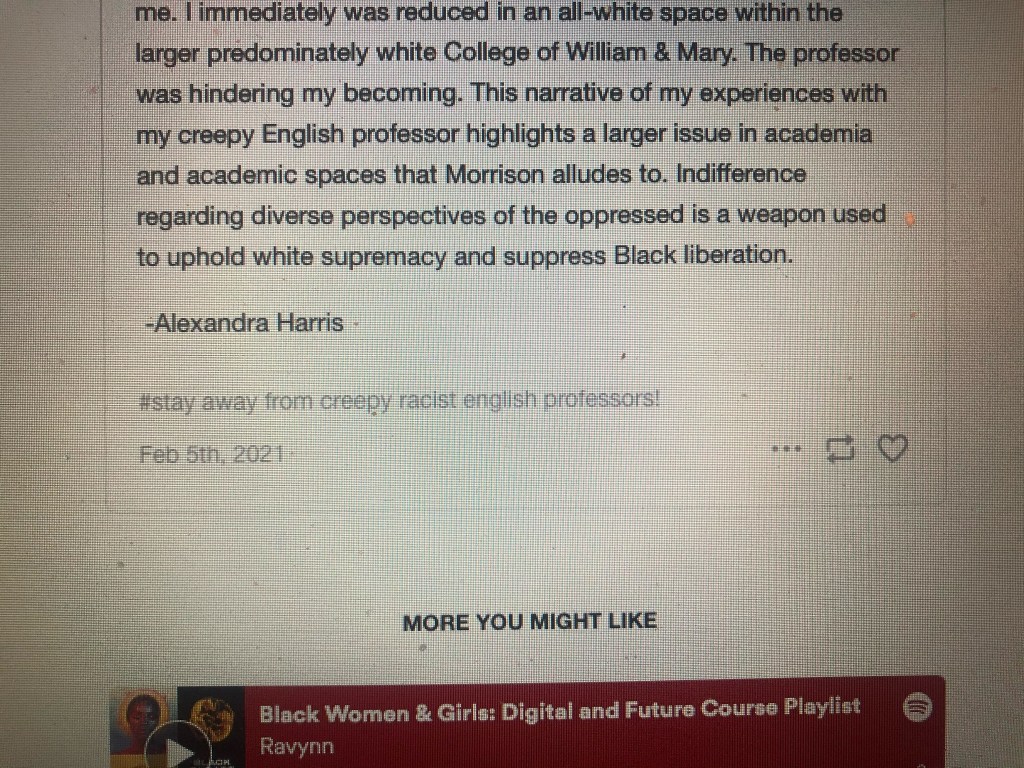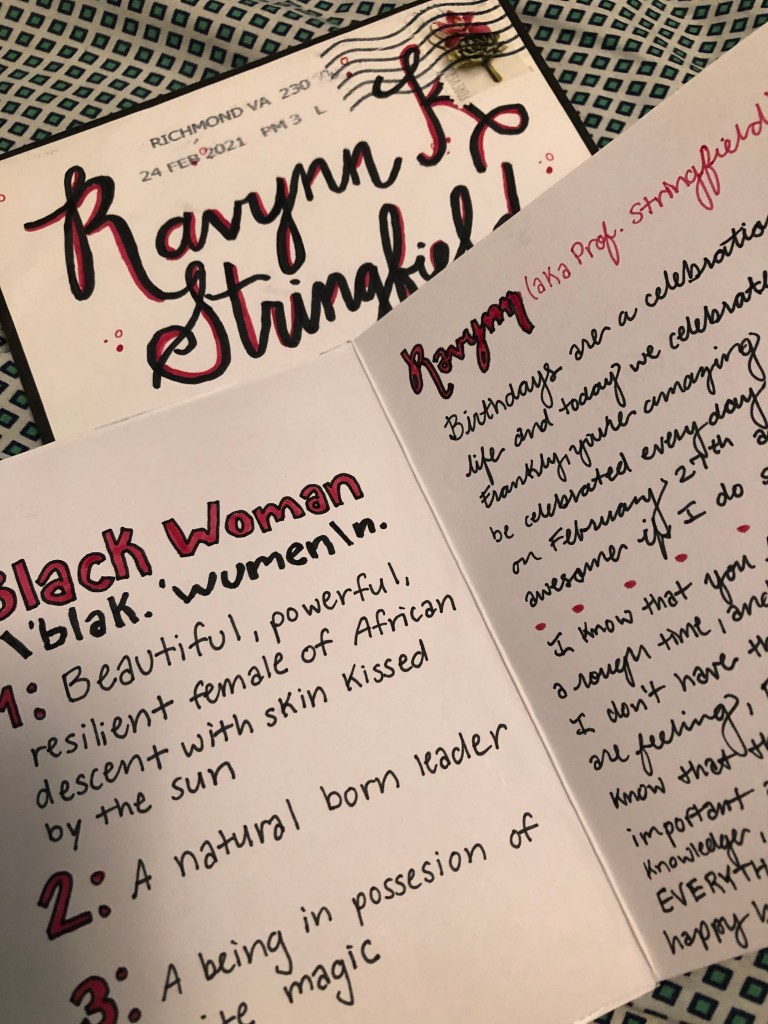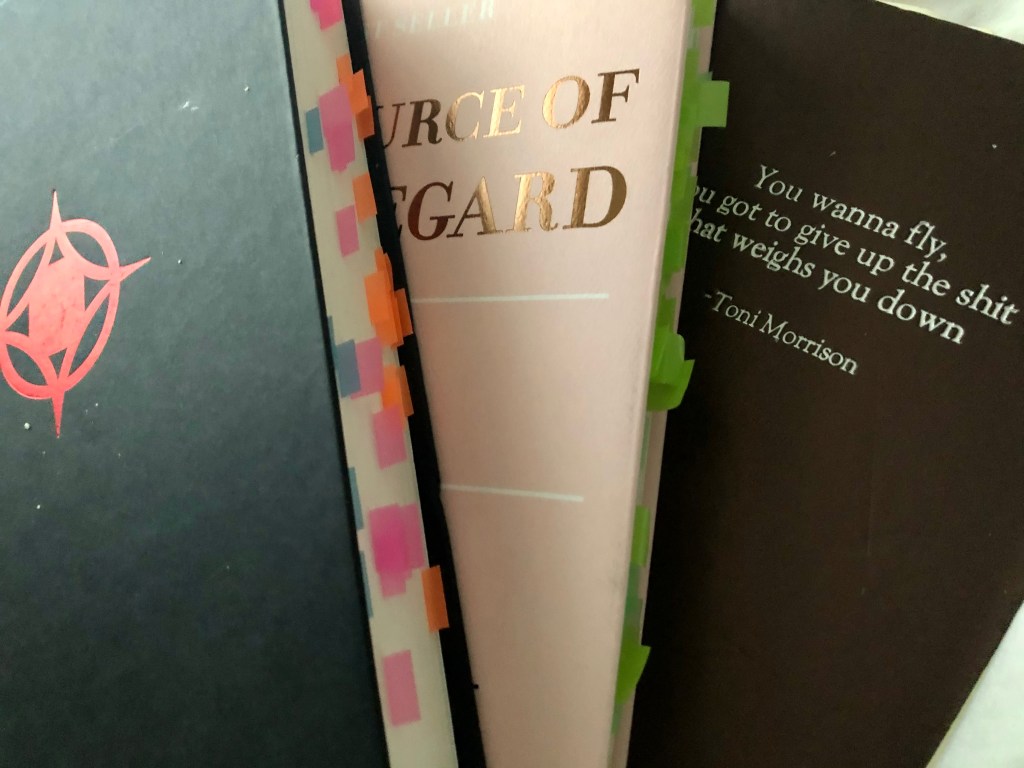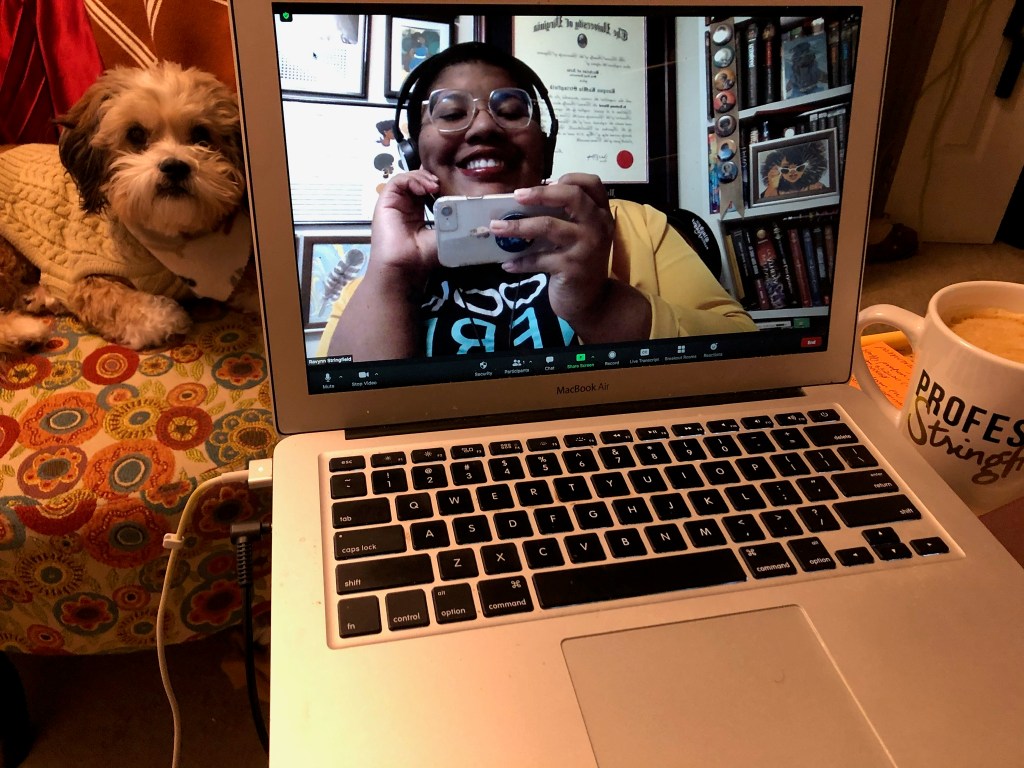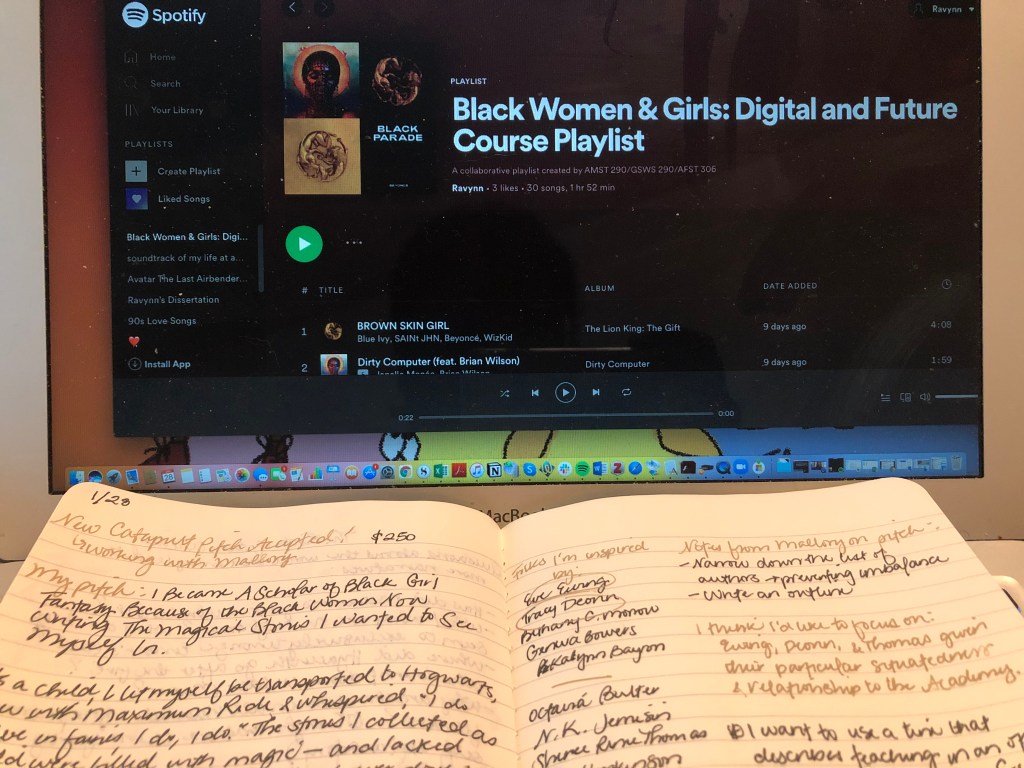Chadwick Boseman joined the ancestors on the evening of August 28th. It was revealed that he had been diagnosed with stage three colon cancer four years ago, which progressed to stage four, and eventually took him.
Boseman rightfully deserves the most beautiful of elegies, ones that paint a stunning portrait of how impactful his corpus of work has been. As my good friend Kelsey said as we mourned together, Boseman’s artistry bridged past, present and future in a way that was impossible and necessary. He deserves words that reflect this. I, most certainly, am not the one to give it. I didn’t know him.
But I knew Black Panther.
Professor Claudrena Harold introduced me to Black Panther, in a circuitous way. We were having lunch together early in my last year of college, plotting my journey to graduate school, when she asked, “Did you know Ta-Nehisi Coates is writing the new Black Panther comics?”
Professor Harold is not the kind of person from whom you can hide your ignorance; so I owned up to being unaware, and the side eye I received was enough to send me home ready to do a thorough Google search. Fast forward a few months and I had read (and fallen in love with) Between the World and Me, become a Coates stan and was reading old Atlantic articles in my spare time, and was eagerly awaiting the first issue of the new Black Panther.
When the first issue landed in my Comixology account in late spring 2016, I turned the lights off in my dorm room and read the issue under my covers. I wanted as few distractions as possible as I drank in this comic. I emerged with a new obsession, which was only intensified by the announcement of the forthcoming movie that summer.
The film connected the work I was doing at the time as a comics scholar with the work my good friend, Micah, was doing as a film scholar, both of us interested in stories where Black people were centered in the ways we saw ourselves but that white media could not imagine. We both had questions, some answers, a lot of thoughts about what this film could mean, could do, could represent, and we both brought a particular expertise to the conversation. We founded King of the Black Millennials, a short lived blog where we worked out those early thoughts that summer, an endeavor that solidified our relationship as writing collaborators as well as friends.
I entered graduate school in fall 2016 with no sense of what I was doing or wanted to do; in some ways, I came armed with only my love of comics, and specifically, in that moment, Black Panther. So I clung to that. My first graduate level research paper for my Popular Culture class was rather mediocre, but I saw the beginnings of a real project forming. That paper led to my first conference presentation at the Southeastern American Studies Association conference in spring 2017; my first archival trip to work with Black Panther comics at VCU that summer, which became the basis of my Master’s portfolio that I defended that fall.
All that said, it must come as no surprise that the closer the film came, my eagerness grew. I planned out my outfits for opening night months before and secured my ticket for opening night the day they were available. To most of my friends’ surprise, I was firm in my resolve to see the film just once by myself before I saw it with anyone else. They thought it was because I feared I might have criticism; I knew it was because I would sob through the entire film.
When Wakanda unfurled before my eyes for the very first time on screen, I wept.
Perhaps white men had created Wakanda, but Black people had reclaimed it and cultivated this.
In the months after I defended my Master’s thesis, I regularly told my people I was going to take the Master’s and leave. I was uninspired and burnt out. I felt harassed and often patronized in my classes. I didn’t have another plan, but a few days after I had decided I was going to leave my program, a classmate sent me an email. Attached as an article about a Black man who had illustrated Black Panther comics in the 1970s: Billy Graham. Interested, but still unenthused and unwilling to do more research, I clicked it away.
By the grace of God, that classmate brought up the email again in class and directed my attention to the granddaughter mentioned in the article, Shawnna, who currently had Graham’s archives at her home in Williamsburg.
Meeting Shawnna and getting to work in the archives with her for a short while was enough to sustain me for another few months. I never did anything with that research other than write a seminar paper, but I realized after a while, that perhaps that work was simply meant to pull me through. It sustained me. It was what I needed to be okay.
When I first stumbled across the Associated Press article announcing Boseman’s death, I, like most people, thought it was a cruel hoax. It took less than a minute for me to confirm, and moments after that to completely break down. I cried for an hour straight, my heart broken over someone I had never met.
I woke today with a deep sadness settling over me like a weighted blanket. It took most of the day, and mourning with friends, to come close to articulating what losing Chadwick Boseman meant in this moment.
He was our joy. Our superhero. Our king.
Criticisms of the film still stand, but the way Black Panther became a cultural phenomena is unmatched. I had never seen such collective Black joy until the week of the release of Black Panther. It was a reason to celebrate, whether you liked superhero movies or not.
And, boy, did we celebrate.
The specter of Death looms over Black people in a particular way. Our health worries do not only include Coronavirus in this moment, but police violence, domestic abuse, assault, inadequate health care as a result of so many interconnected factors.
Tragedy has come to call again and again and again; its presence is unwelcome, yet it lingers.
We started the year with the loss of a legend, Kobe Bryant, and every day since has been another crisis, another loss, yet another moment that calls for mourning.
But this hit different.
Days after the Jacob Blake shooting, we lost a man who we came to associate with the purest form of Black joy.
It seemed pointed and cruel to lose a King of Joy in a moment that desperately called for any bit of hope.
Chadwick Boseman deserves the most peaceful rest.
To the King.
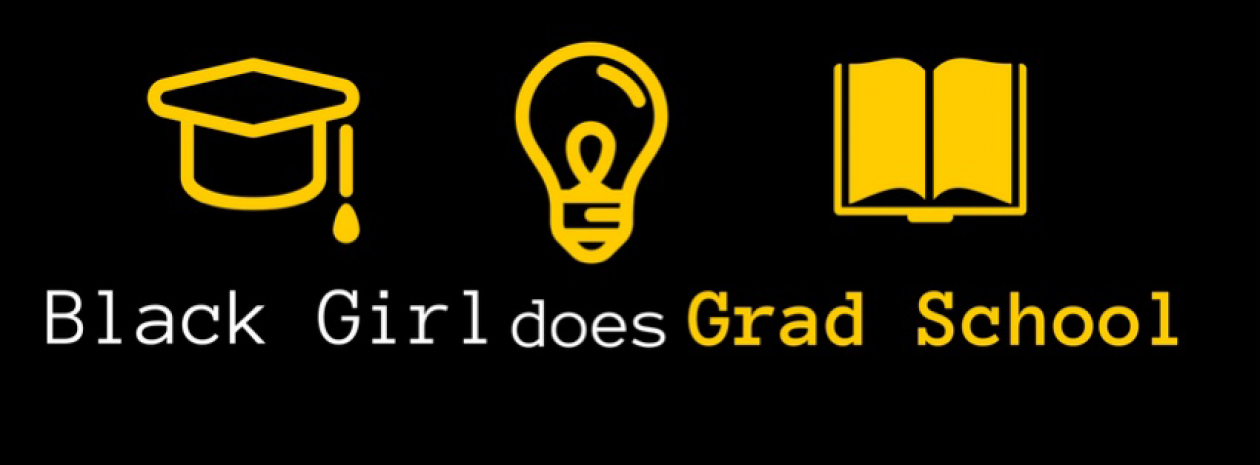
















 Ebony Davis is a 23-year-old from Kansas City, KS. She recently relocated to Chicago, IL to embark on her graduate school journey, and pursue some dreams she has had in mind for herself. She attends Loyola University Chicago, and is in school for her master’s degree in Social Work. She has been working in the social service field for a total of four years now, and she feels like she right where she needs to be.
Ebony Davis is a 23-year-old from Kansas City, KS. She recently relocated to Chicago, IL to embark on her graduate school journey, and pursue some dreams she has had in mind for herself. She attends Loyola University Chicago, and is in school for her master’s degree in Social Work. She has been working in the social service field for a total of four years now, and she feels like she right where she needs to be.
